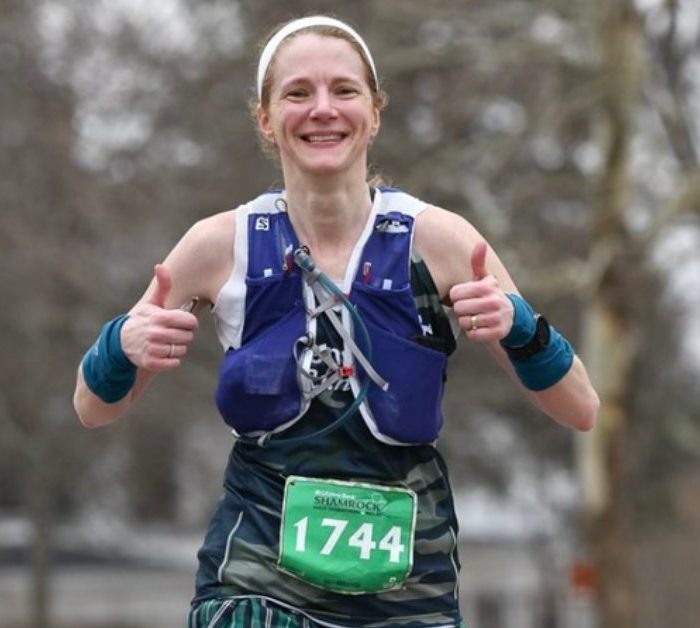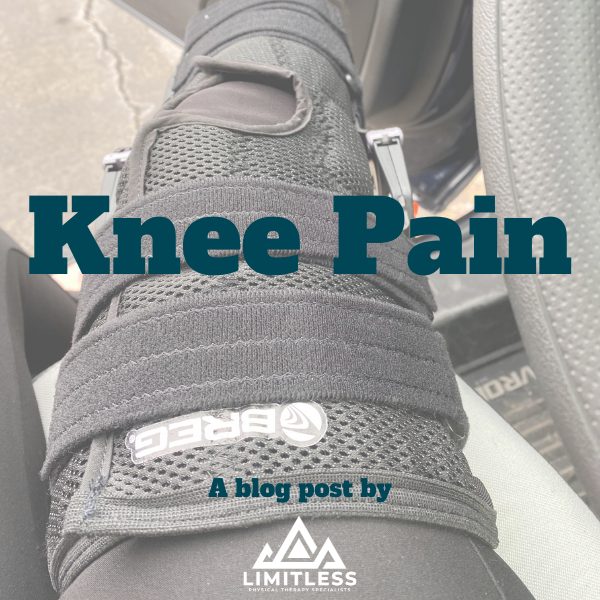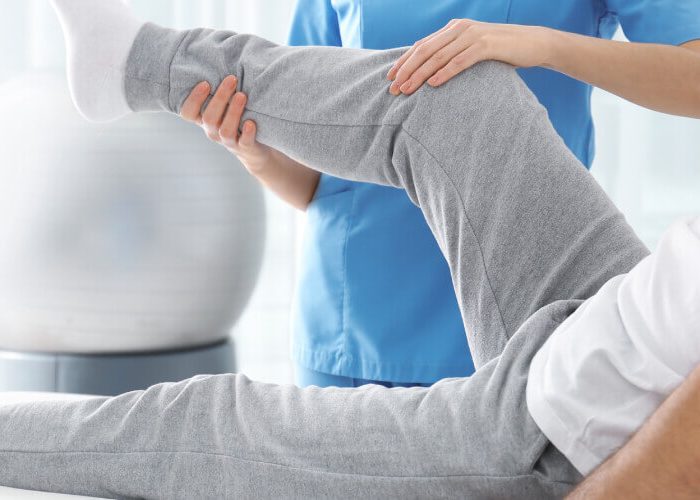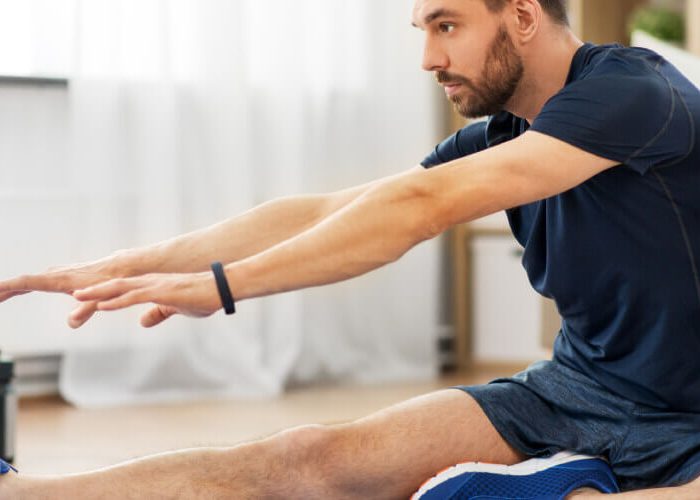On television, injuries that turn out to be “just a concussion” are often anti-climactic events that the audience is led to believe will be over in days, if not hours. In real life, however, these traumatic brain injuries -- which usually stem from a fall, severe shaking, a car accident or a direct blow to the head -- can severely impact a person’s quality of life for several months.
Left untreated, concussions can even inhibit growth in young children, and bring on early dementia for older patients. Fortunately, the physical therapy field is continually discovering new ways to help patients suffering from long-term concussion complications.
Concussion-Related Issues
Chances are, you won’t be referred to physical therapy during the immediate aftermath of a concussion, when rest is the best way to cope with such short-term symptoms as vomiting, confusion, weakness and headaches. But if these problems persist and new ones arise, physical therapy can be helpful.
Long-term symptoms can be quite varied, depending on the nature of your injury, as well as your age and gender. Some problems for which people seek PT for concussions include:
- Fatigue
- Weight loss or weight gain
- Ongoing headaches
- Irritability
- Loss of balance and frequent falls
- Dizziness and lowered blood pressure
- Muscle weakness and spasms
- Decreased sex drive
- Sudden loss of menstruation
How Physical Therapy Can Help
The natural fatigue and required resting that early concussion recovery entails often results in weakened muscles and lowered endurance. To combat that, your physical therapist will customize a strength-building program for you, as well as guide you through aerobic moves that help you regain that endurance.
Occupational therapy may be also be helpful. Your physical therapist will ascertain which daily routines have become challenging, and help you go through the steps of those routines, so that they don’t seem so overwhelming.
Headaches often come with the territory of recovering from concussions. To decrease their frequency, your PT sessions may include targeted massage, specific stretches, and even eye motion “workouts.”
Physical therapy programs for concussion often build in vestibular therapy, which helps you orient yourself during periods of lightheadedness or loss of balance. (Exercises such as fixing your gaze at a certain point in the distance, or using simple movements to stabilize your core and limbs, are invaluable during such moments.)
When you or a loved one need help coping with the emotional and physical toll of a concussion, contact our office today. We’ll tailor a recovery program to cope with, and eventually eradicate, these traumatic long-term symptoms.
Sources:
http://www.mayoclinic.org/diseases-conditions/concussion/home/ovc-20273153
http://vestibular.org/understanding-vestibular-disorder/treatment/treatment-detail-page
http://www.moveforwardpt.com/symptomsconditionsdetail.aspx?cid=4f2ebb00-f1c0-4691-b2ab-742df8dffb99









